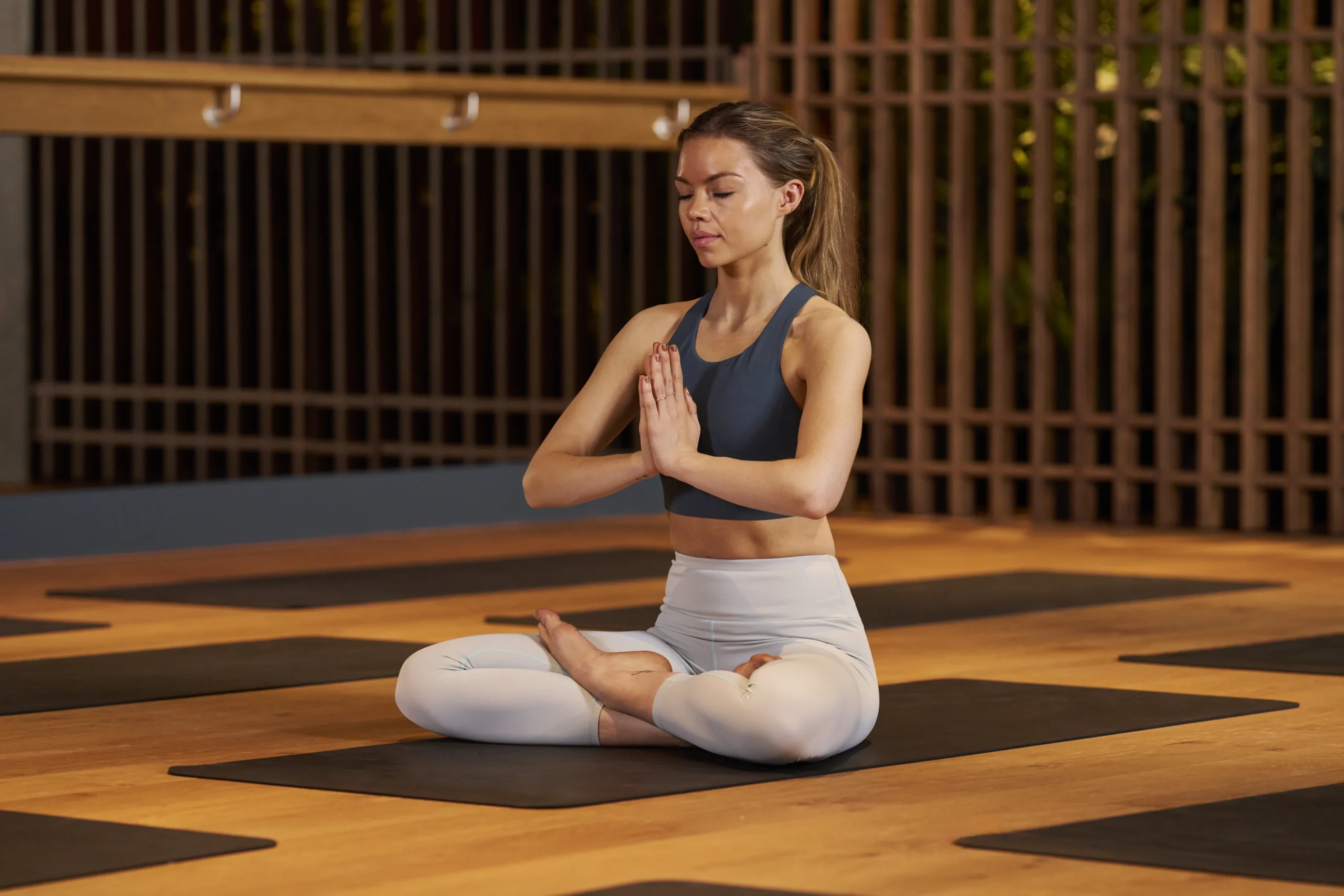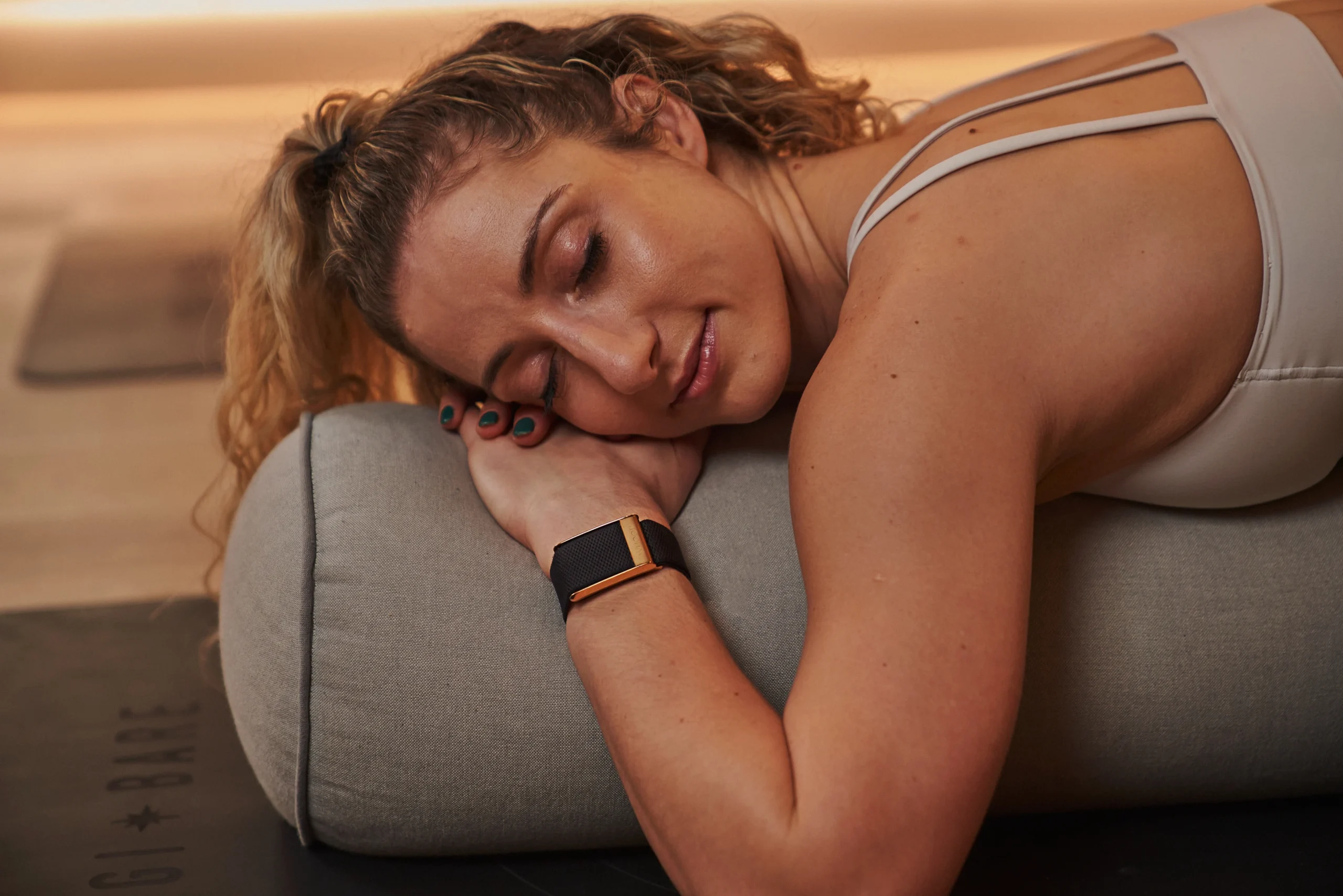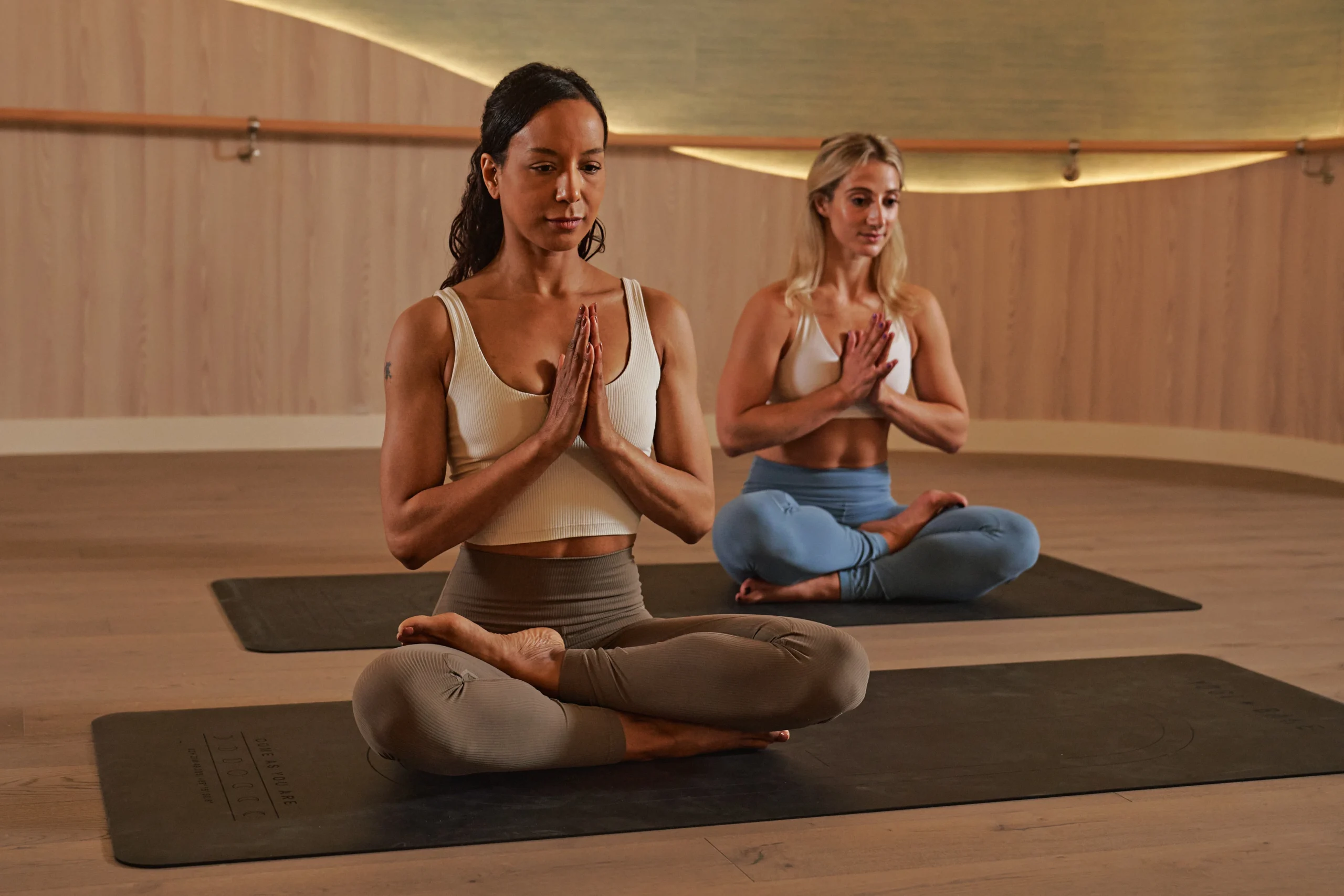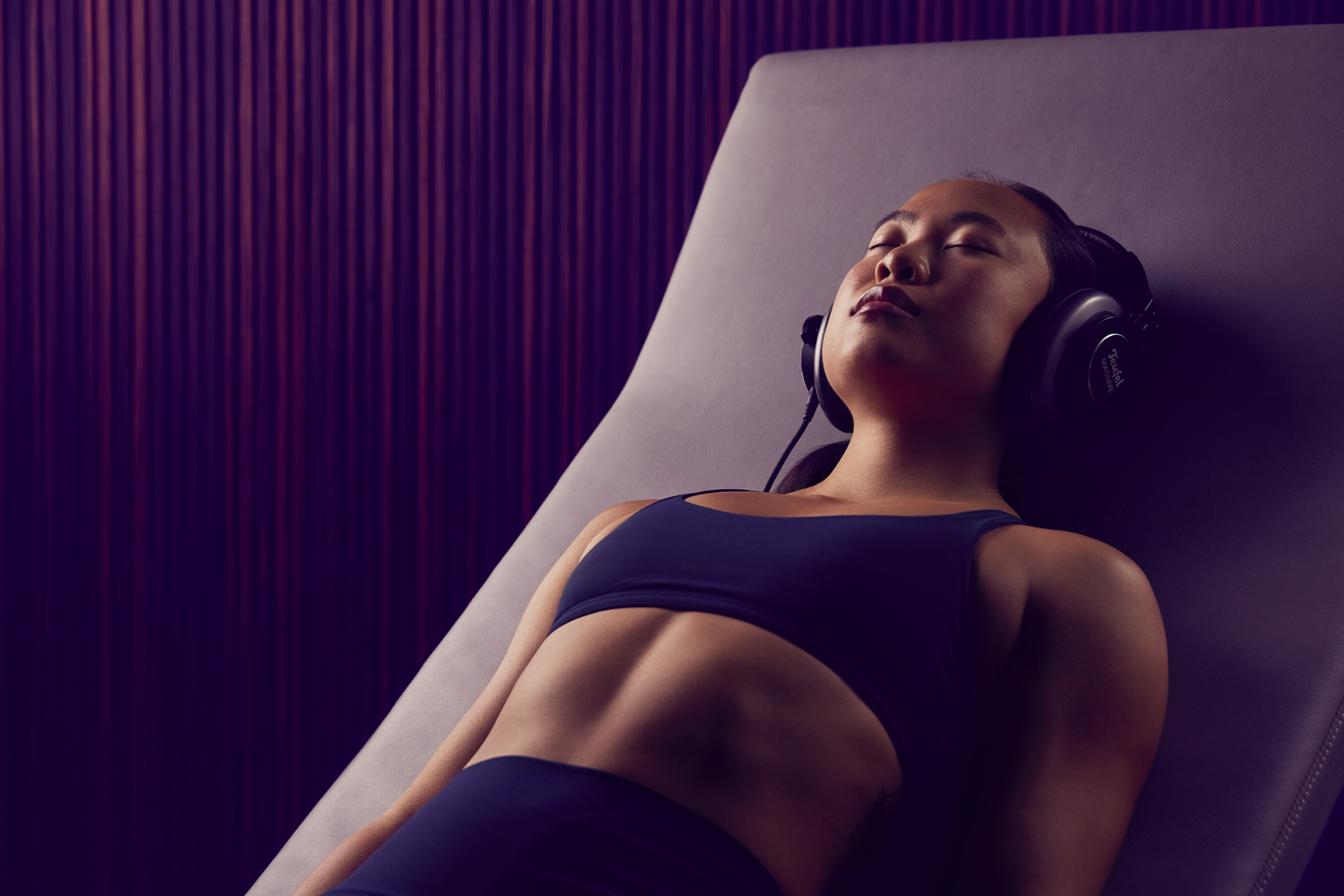- Linkedin Share
- Twitter Tweet
- Email Share
- Copy link Copy link Copied to clipboard
In this latest instalment of our interview series with Dr. Sophie Bostock, we explore the connection between Heart Rate Variability (HRV) and sleep. HRV — the natural variation in time between heartbeats — offers a unique window into our body’s ability to adapt to stress, recover and maintain overall health. As a leading expert in sleep science, Dr. Bostock breaks down how HRV fluctuates during different sleep stages, why it serves as a key marker of recovery and what practical steps we can take to improve it.
What is HRV, and why is it an important metric for understanding our health and sleep quality?
HRV stands for Heart Rate Variability. It is a measure of the variability in the timing between heartbeats. The reason it is used as a metric of overall fitness and readiness to perform, is because it’s also an indicator of activity in the two arms of the autonomic nervous system:
- The sympathetic nervous system (also known as “fight or flight”), which responds to stress and exercise, drives an increase in heart rate.
- The opposing parasympathetic or “rest and digest” system, which favours digestion and repair, drives a decrease in heart rate.
A healthy cardiovascular system can rapidly respond to changing demands, and so HRV is high. Low HRV suggests that one arm of the autonomic nervous system is dominating, which makes us less flexible to adapt to changing demands.
How does HRV change during different sleep stages (e.g., REM, deep sleep)?
We cycle through four stages of sleep multiple times throughout the night. The first three sleep stages are all classified as non-REM sleep. As sleep becomes progressively deeper, HRV is likely to increase as activity in the sympathetic nervous system decreases and the parasympathetic nervous system takes over. The 4th stage of sleep is REM, or Rapid Eye Movement sleep. Here the sympathetic nervous system becomes more active, and HRV falls.
What actions can someone take to improve their HRV, especially to enhance sleep quality?
HRV and sleep have a close, bidirectional relationship. A flexible and adaptable autonomic nervous system will enable us to fall asleep and move through all our sleep stages and cycles for good quality recovery. Sufficient, good quality sleep likewise supports a healthy autonomic nervous system. However, a disruption to one, is also likely to affect the other.
So how can we boost HRV, and quality sleep?
- Consistency: Irregular sleep wake patterns disrupt circadian rhythms and put the body under stress, decreasing HRV.
- Balanced exercise and recovery: When you push your body to improve cardiovascular fitness, allow enough time to recover.
- Hydration: Dehydration can make it harder to circulate blood and nutrients around the body
- Minimise alcohol: The more you drink, the greater the impairments to sleep and HRV. Some people notice a negative impact of alcohol on their sleep for up to five nights afterwards.
- Eat early: Late night eating interferes with sleep quality and decreases HRV; try to finish eating your main meal at least two hours or more before getting ready for bed.
Are there specific relaxation or breathing techniques that significantly boost HRV before bedtime?
Relaxation and breathwork techniques which have the effect of slowing the breathing rate, and heart rate, will tend to improve HRV. For example, progressive muscle relaxation involves gradually tensing and then relaxing each major muscle group in turn. I usually suggest starting with the toes and moving your way gradually up to the head. Tense the muscles in your toes for five seconds and then relax. Focus on the sensation of tension leaving the body. Notice how different your toes feel after conscious relaxation. Then move upwards to the muscles of the foot, calf, thighs etc. Mindfulness meditation has also been shown to have positive effects on HRV and sleep quality.
What role does HRV play in understanding the effects of alcohol, caffeine or medication on sleep?
We all differ in our sensitivity to the stimulant effects of alcohol, caffeine and various medications. Tracking our HRV gives a powerful individual indicator to determine the degree and duration to which our individual sleep and recovery are affected. For example, on average, it is recommended to avoid caffeinated coffee 8.8 hours before bedtime to avoid disrupted sleep. However, some people metabolise caffeine more quickly than others. Tracking your caffeine-free baseline and experimenting with different ‘last dose of the day’ timings could determine when you need to stop drinking caffeine to protect your sleep quality.




